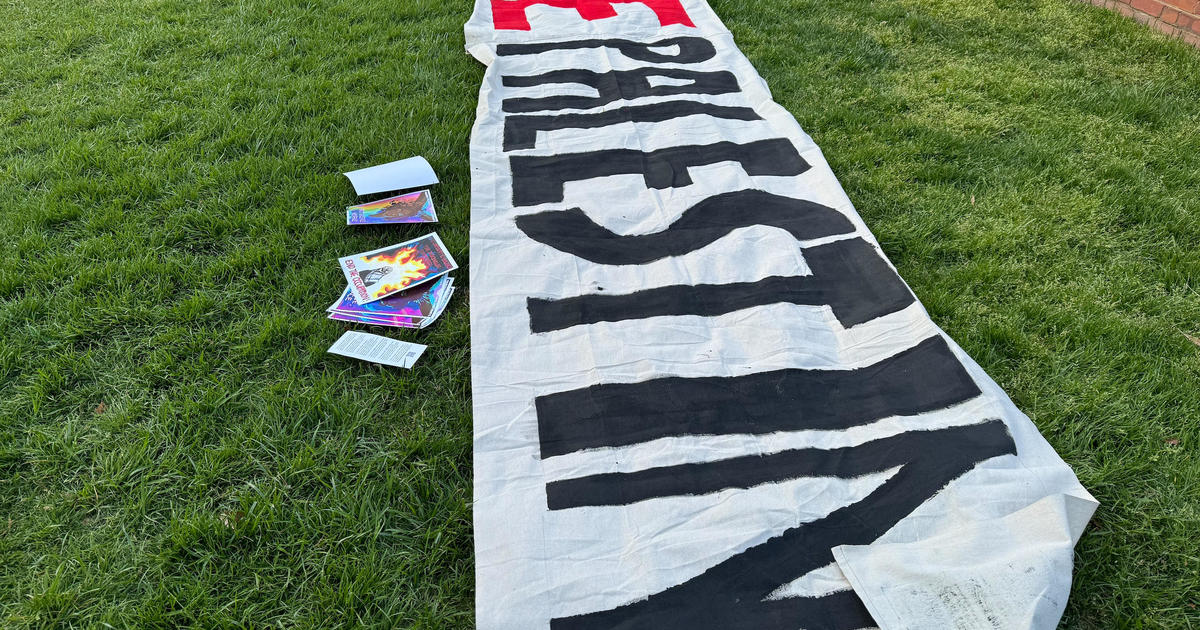Johns Hopkins University Professor Shares Nobel Prize In Physics
BALTIMORE (WJZ) -- A Johns Hopkins astrophysicist receives the Nobel Prize.
Alex DeMetrick reports Dr. Adam Riess won for work he did in 1998--at the ripe old age of 28.
The universe is a big place to work, but Riess found it's getting bigger, as something stronger than gravity is pushing it outward. It's the mysterious force Riess and two colleagues named dark energy.
"If you took a ball and you tossed it up in the air you'd expect it to come back down. If it took off and went up, you'd be shocked. And that's pretty much how shocked we were 10 years ago when we saw this," Riess said in an interview with WJZ before winning the Nobel Prize.
"At Johns Hopkins, we gave Adam an endowed professorship, and I feel like we have just been eclipsed," said Johns Hopkins University President Ronald Daniels at a news conference.
A call from Sweden Tuesday morning informed Riess and his two colleagues that they have won the Nobel Prize for Physics.
"Either someone was pulling my leg or this is the call," Riess recalled.
Riess and his wife Nancy were married the day he and his colleagues were doing a final check on their facts.
"And she looks up and goes 'Adam, seriously? On our honeymoon, you're going to send an email?' and I said 'This one's really important,' and she kinda rolls her eyes like 'I'm going to hear this for 20 years,'" Riess said with a smile.
Riess could've chosen any university, but he came to Baltimore because of the Hubble Space Telescope. The images and data it collects go to the Space Telescope Science Institute on the Hopkins campus.
"This incredible discovery that the universe is accelerating was done by the Hubble Space Telescope," said Dr. Matt Mountain, director of the Space Telescope Institute.
It was the Hubble's data on exploding stars that gave Riess and his team a way to measure distance over time. Like almost everyone else, they expected to see a universe slowing down, when they discovered the opposite was true.
"Even if you thought you knew what the answer should be, you should do that experiment," Riess said.
And now their sights are set on learning what exactly dark energy is.
Riess and his two colleagues will collect their Nobel Prize in Sweden this December and split the $1.4 million that is awarded with it.



